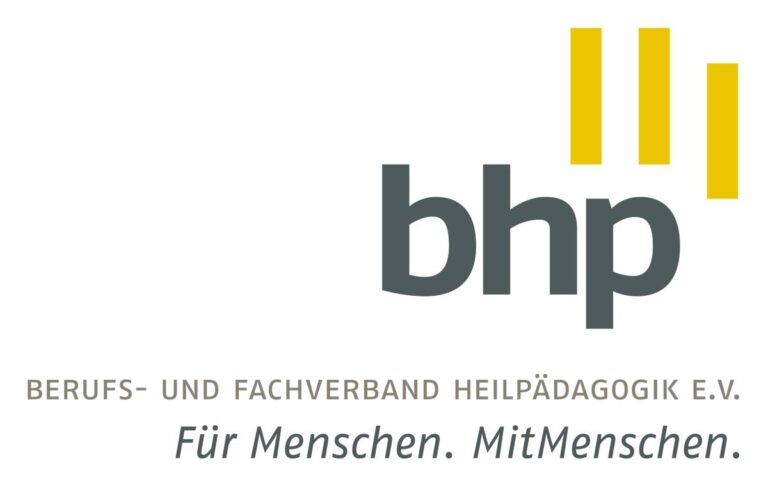Global mining giants BHP and Lundin are set to formally request government incentives in Argentina as they look to advance their exploration and development projects. However, their move is stirring anxiety among other mining companies operating in the country, who fear being sidelined in the race for favorable terms. The unfolding situation highlights the competitive dynamics within Argentina’s resource sector amid a renewed push to attract foreign investment.
BHP and Lundin Seek Competitive Incentives to Boost Argentina Mining Projects
BHP and Lundin are actively engaging with Argentine authorities to secure competitive fiscal incentives aimed at accelerating their mining ventures in the resource-rich provinces. Both companies argue that adjusted tax regimes, streamlined permitting, and targeted subsidies are crucial to maintaining the momentum of exploration and development amid rising costs and global market uncertainties. Their proposals include reduced export taxes and extended tax stability periods, designed to enhance project viability and attract further investment into the country’s mining sector.
However, this move has sparked concern among other mining operators already established in Argentina, who fear a shift in competitive balance if incentives disproportionately favor newcomers or large multinationals. Smaller and mid-sized miners are calling for a more inclusive framework that safeguards their interests without compromising Argentina’s broader fiscal responsibilities. The debate highlights a growing tension between fostering economic growth and ensuring equitable resource development across diverse stakeholders.
| Incentive Type | BHP & Lundin Proposal | Industry Concerns |
|---|---|---|
| Export Tax | Reduction from 12% to 5% | Unfair advantage over existing producers |
| Tax Stability | Guarantee for 10 years | Potential loss of government revenue |
| Permitting Process | Faster approvals within 6 months | Risk of environmental oversight |
Industry Concerns Rise Over Potential Favoritism and Impact on Smaller Miners
As BHP and Lundin move forward with applications for government incentives in Argentina, whispers of discontent are growing louder among smaller mining operators. Many fear that such preferential treatment for large multinational corporations could distort the competitive landscape, leaving smaller and mid-tier miners struggling to compete. Critics argue that these incentives, while beneficial for attracting significant foreign investment, risk fostering an uneven playing field that may sideline local enterprises crucial to the country’s mining ecosystem.
Industry insiders have highlighted several key concerns, including:
- Unequal access to financial support and tax breaks
- Reduced transparency in the approval process for incentives
- Long-term impact on domestic miners’ viability and job creation
- Distortion of market dynamics favoring global giants
| Company Size | Primary Concern | Potential Impact |
|---|---|---|
| Large Multinationals | Securing incentives rapidly | Boosted project timelines |
| Mid-Tier Miners | Limited access to subsidies | Competitive disadvantage |
| Small Miners | Overlooked in policy | Threatened sustainability |
Policy Recommendations Urged to Ensure Fair Access and Sustainable Growth in Argentina Mining Sector
In light of the competitive landscape unfolding within Argentina’s mining sector, industry leaders are urging the government to implement a set of balanced policy measures aimed at fostering fair access while promoting sustainable development. As companies like BHP and Lundin prepare to formally seek incentives, smaller miners express growing concerns over potentially being sidelined. Experts argue that without clear, transparent regulations and equitable support structures, the sector risks consolidating advantage in the hands of a few, potentially stifling innovation and local community benefits.
Key policy recommendations include:
- Establishing a transparent incentive framework accessible to all operators, irrespective of company size
- Implementing environmental safeguards that align with global sustainability standards
- Encouraging community partnerships to ensure local economic growth alongside mining activities
- Promoting diversification of mining projects beyond lithium to mitigate market risks
| Policy Focus | Expected Impact |
|---|---|
| Equitable Incentive Access | Leveling the playing field among miners |
| Sustainable Mining Regulations | Minimizing environmental and social risks |
| Community Engagement Programs | Boosting local employment and infrastructure |
In Retrospect
As BHP and Lundin prepare to formally request incentives from the Argentine government, the move signals growing interest among major mining players in the region. However, it also raises concerns among other industry participants who worry about being left behind in a highly competitive landscape. How Argentina balances these competing interests will be closely watched, as it seeks to attract investment while managing its economic priorities and regulatory framework. The coming weeks are likely to reveal whether the government’s incentive strategy can satisfy the diverse demands of both multinational giants and smaller mining firms.




